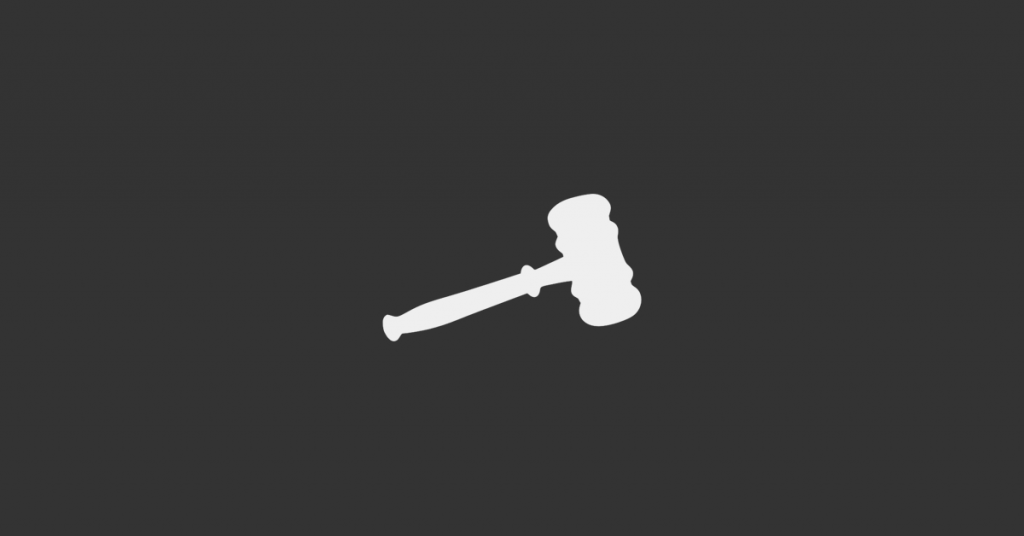The District Attorney has the ability to determine when and which charges will be leveled against an alleged criminal. This government prosecutor has the authority to continue a case without any witnesses, but he is not likely to be successful. Here is how to drop charges against someone.
Mistaken Identity or Court Process is Not Helping
Once the court process begins, there are numerous hearings and the prosecution may try to force certain things upon the participants. If the plaintiff and defendant are family members, this can be difficult. Some might think twice about proceeding with a lawsuit.
Another reason for dropping charges is mistaken identity. As the court hearings continue, participants have more time to consider the evidence. Perhaps, the evidence is not solid or the witnesses offer conflicting reports. At any time, a plaintiff may decide to drop all the charges against a defendant. That is your right.

Request a Copy of the Police Report
Ensure that you know all of the facts of the case by requesting a police report. As one of the parties to the suit, this is your right. There may be a printing or copying fee. Read through it carefully, the police report creates the foundation of the case.
Why do you want to drop the charges? The government will want to know if you have been pressured by the defendant to drop the charges. You should write your reasons down in an official Drop Charges Affidavit and bring it to the police station. Bring photo identification and expect to pay a fee.
Next, contact the county or district attorney to discuss your wishes to drop the charges. After the police officer has filed his report, the evidence is brought to the State authority to determine the legal questions. The prosecution has a great deal of discretion concerning court proceedings.
It is illegal to file a false police report, so keep this in mind also. The earlier the better for dropping charges. You may need to testify in court as to why you want to drop the charges.
How To Press Charges After An Assault
Plaintiff Has the Right Not to Testify
As you proceed through the hearings, the prosecution will continue to calculate the chances of success with the case. If the primary witness or plaintiff is not on his side, he usually can’t win. This is the leverage you can always maintain. You can refuse to testify for the prosecution.
